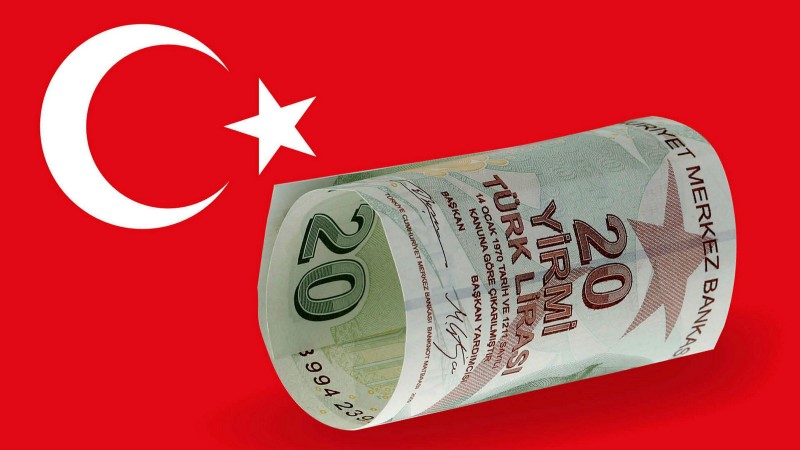
Emerging market currencies on Monday, June 5, declined against the US dollar as strong U.S. jobs data sparked worries that interest rates would rise for longer. Turkey's currency also declined by about 1% following the appointment of Mehmet Simsek as the nation's finance minister.
In response to a stronger dollar, MSCI's emerging market currency index dipped 0.3%, with the Turkish lira leading the decline with a value of 21.1 to the dollar, only slightly over the previous record low of 21.8 set last week. Simsek's appointment indicated that, in response to high inflation that declined to 39.59% in May, roughly in line with predictions, the Turkish government is refraining from unconventional interest rate decreases.
"Simsek's appointment is enough of a positive," said Erik Meyersson, chief emerging markets analyst at SEB, "but it's a sign of how the institutional and economic policy environment has deteriorated that the Lira is still depreciating so rapidly." Simsek's appointment is probably more of a replacement than a complement to policy changes, which is a reasonable issue at the moment.
Following President Tayyip Erdogan's cabinet reshuffle, Goldman Sachs updated its lira estimate, saying it now expected the currency to decline to 28 to the dollar in 12 months as opposed to its earlier expectation of 22. Traders bet that the U.S. central bank may maintain higher interest rates for longer as the dollar remained strong as U.S. jobs growth picked up in May.
With the result of widespread dollar strength on international markets, the Chinese yuan also declined on Monday. Against the dollar, the South African rand appreciated by 0.3%. In May, the country's private sector economic activity shrank for the third consecutive month as a result of ongoing power outages and inflationary pressures.
The Czech crown increased 0.2% against the euro in central and eastern Europe as the nominal wage growth in the region advanced to an annual 8.6% in the first quarter. Stocks in emerging markets increased 0.2% on Monday.
Oil prices rose USD 1 a barrel in other emerging countries after major exporter Saudi Arabia promised to reduce output by an additional 1 million barrels per day starting in July, reversing the macroeconomic headwinds that have been hurting markets.
How the economy will start to expand through import and export
Time right to address governance gaps in banking: RBI Dy Guv Rao